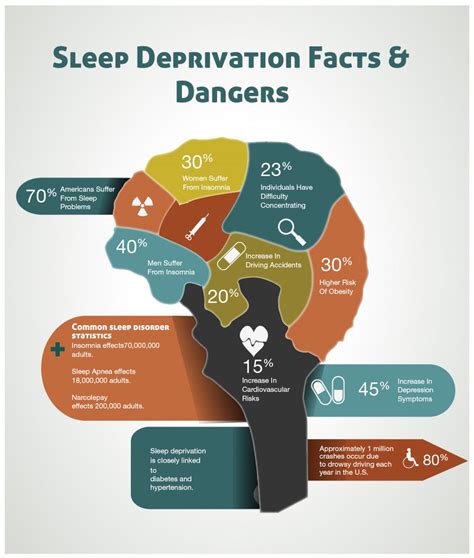Sleep deprivation’s impact on memory is far more insidious than one might initially think. It’s not just about forgetting where you placed your keys; it’s a deep-rooted cognitive impairment that can distort reality over time. For example, one user lamented over years of routinely sleeping from 11 PM to 1 AM and rising as early as 5 AM to 6 AM, and their sense of guilt highlights the widespread misunderstanding around how severe this issue can become. The myth that a few hours of sleep can suffice for tasks requiring critical thinking and memory retention needs to be debunked. Especially when another commenter revealed that their memory went from ‘phenomenal to abysmal,’ highlighting a clear correlation between sleep interruptions and cognitive decline.
In some cases, the type of insomnia matters. Another commenter shared their personal struggle with sleep maintenance insomnia, where falling asleep is easy, but staying asleep becomes a Herculean task. They’re awake after just five hours and unable to slumber back, resulting in a heavy reliance on notes and reminders. A fellow sufferer discussed the inherently challenging nature of treating this specific type of insomnia and inquired about potential remedies. Cognitive Behavioral Therapy (CBT) emerged as a potentially effective treatment to break the damaging cycle of unproductive rumination.
Scientific theories also suggest that stress hormones and cortisol levels might spike at inconvenient times, as one commenter speculated, waking up individuals the moment their body receives just enough rest. Exercise—both aerobic and weight-based—seems to come up frequently as a solution, but it’s not just about hitting the gym as an afterthought. Regular, planned physical activity can significantly impact sleep quality by reducing stress hormone levels and bringing a sense of bodily exhaustion that promotes continuous sleep. One might argue that maintaining a solid exercise regime is just as important as any cognitive or medicinal therapy for good sleep hygiene.
Interestingly, the notion of parental sleep deprivation stands out, reflecting how societal expectations might belie what’s considered ‘typical.’ Commenters agreed that many parents operate on minimal sleep due to their responsibilities, sacrificing their mental sharpness for their children’s needs. This shared experience leads to terms like ‘mommy brain’ or ‘baby brain,’ where the constant waking at night for a newborn can result in lasting cognitive detriments. The community even jokingly speculated that evolution might have a say in this, blurring the traumatic memory of sleepless nights so parents are more likely to have additional children.
This leads us to an insightful view that some individuals are simply genetically predisposed to requiring less sleep. A fascinating find shared by a user pointed towards a study about people with a rare gene allowing them to feel completely rested on significantly fewer hours of sleep than the average population. This raises pressing questions about the genetic and environmental interplay in cognitive health and sleep patterns, nudging us towards more genetic research or even personalized sleep medicine.
The tapering relationship between mental activity and sleep patterns also showed the delicate balance that largely dictates sleep quality. For example, someone who switched from being a software developer to a bicycle messenger mentioned experiencing deeper, more restful sleep in their latter profession. It illustrates how engaging both the body and mind to their fullest extent can foster natural, deep sleep. The ancient philosopher’s adage to rest physically after mental exertion, and vice versa, still rings true today.
Technological interventions like light manipulation were a few unique remedies mentioned. One commenter proposed using RGB light strips set to red, which aids in accelerating sleep onset by mimicking the natural hues of twilight. This, alongside melatonin supplements and other drastic measures like camping away from electronics, stood out as extreme but sometimes necessary steps in reclaiming quality sleep. Removing modern life’s overstimulation—be it through digital detox or simulated natural environments—proves beneficial.
From cognitive decline to PTSD prevention, the breadth of sleep deprivation’s impact on memory is profound. Acute insomnia post-trauma could be advantageous by preventing the solidification of negative memories. However, pulling this off responsibly is complex and fraught with ethical considerations. Much like physical therapy following an injury, cognitive and sleep therapies need to be tailored and approached with care. The takeaway? Investing in good sleep isn’t a luxury but a foundational need for memory, mental clarity, and overall well-being.


Leave a Reply